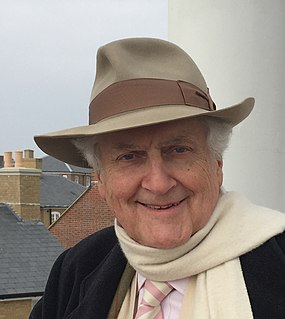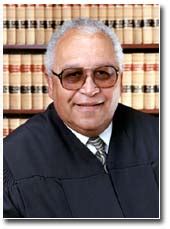A Quote by Plutarch
Moral habits, induced by public practices, are far quicker in making their way into men's private lives, than the failings and faults of individuals are in infecting the city at large.
Related Quotes
All buildings, large or small, public or private, have a public face, a facade; they therefore, without exception, have a positive or negative effect on the quality of the public realm, enriching or impoverishing it in a lasting and radical manner. The architecture of the city and public space is a matter of common concern to the same degree as laws and language—they are the foundation of civility and civilisation.
The founders of this nation understood that private morality is the fount from whence sound public policy springs. Replying to Washington's first inaugural address, the Senate stated: "We feel, sir, the force and acknowledge the justness of the observation that the foundation of our national policy should be lain in private morality. If individuals be not influenced by moral principles it is in vain to look for public virtue."
Lastly, our ancestors established their system of government on morality and religious sentiment. Moral habits, they believed, cannot safely be trusted on any other foundation than religious principle, nor any government be secure which is not supported by moral habits.... Whatever makes men good Christians, makes them good citizens.
There is seemingly no biological benefit to acting with conscience; if there were, only moral individuals would survive and procreate. Sadly, we know that's not true. The benefit of conscience is that you won't suffer guilt (private) or shame (public), and that by your own self-imposed definition, you are a moral human, a special kind of animal who takes unique pride in elevating him/herself above the termites.
Since there is no such entity as 'the public,' since the public is merely a number of individuals, the idea that 'the public interest' supersedes private interests and rights can have but one meaning: that the interests and rights of some individuals take precedence over the interests and rights of others.









































